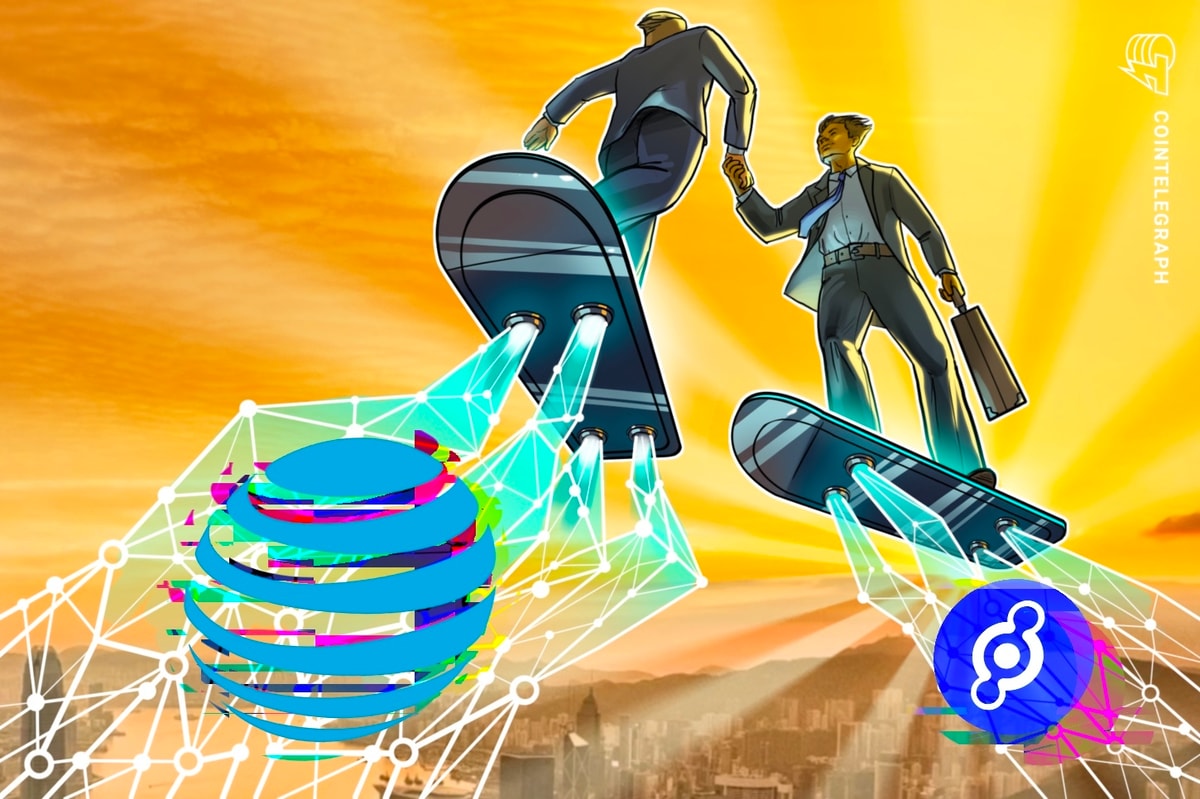Three banks failed in less than a week. The US government has embarked on deposit protection to prevent further panic. There is a great deal of concern about whether it is right to effectively bail out two banks facing bank runs due to poor management and one into bankruptcy (more precisely, voluntary liquidation), and the risk of further bank failures. remain.
Should I withdraw my money from the bank and hide it under my mattress or invest in Bitcoin (BTC)?
For the average American citizen, deposits up to $250,000 are insured by the Federal Deposit Insurance Corporation (FDIC). In other words, the bank is unlikely to lose your deposit.
Advantages of Bitcoin
Still, many people are moving their deposits into crypto assets. Some, like CoinDesk contributor angel investor Tatiana Koffman, appear to be doing so in protest.
Related article: Bitcoin, made for this moment[Column]
Aside from stablecoins, cryptocurrencies are not ideal if you want to keep your money due to their high volatility. But it also gives us “root ownership” where we don’t have to worry about bank runs.
As many have already pointed out, Bitcoin was born out of the financial crisis. Bitcoin’s first block was inscribed with a message about bank bailouts. It was created to keep third parties out of internet money by making people responsible for their own keys, as opposed to the intertwined banking sector and public sector.
US President Biden said taxpayers would not be forced to pay for the bailout and that the heads of failed financial institutions would not benefit, unlike in 2008. There are enough people in charge to have a critique war, but if you think like Tatiana, the problem is the system itself.
poor risk management
Silicon Valley Bank’s management sold tens of billions of dollars worth of stock before it collapsed. It seems that this was the only risk management they implemented.
In 2015, CEO Greg Becker said financial institutions like Silicon Valley Bank “do not pose a systemic risk” when he testified before Congress about plans to deregulate banks that were later introduced. rice field.
Silicon Valley Bank has made a bet that interest rates will remain near zero forever, so to speak.
The bank was attracting deposits from the tech industry, which has been plentiful in venture capital thanks to historically low interest rates in recent years. And in an effort to make as much money as possible from his savings, he spent most of his savings on long-term, fixed-rate investments, such as buying 10-year U.S. Treasuries.
The US Federal Reserve (Fed) laid the groundwork for a boom in the tech industry through monetary policy to stimulate the economy and threw it into ice water when it overheated. The recent rate hikes weren’t necessarily unpredictable, but it didn’t help that the Fed’s messaging was inconsistent.
who should be blamed?
Venture capitalists like Peter Thiel fueled the excessive growth and rapid failure of Silicon Valley banks.
Related article: Who is responsible for the bankruptcy of Silicon Valley Bank? 【opinion】
Furthermore, the dynamics of information distribution through chat tools and SNS was also significant. Byrne Hobart, a writer who also writes for CoinDesk, published a well-read blog post last month claiming that Silicon Valley Bank was effectively insolvent. Others say he played a big role in the bankruptcy.
Depositors such as media-streaming technology firm Roku, which had $487 million in uninsured deposits with Silicon Valley banks, have also come under fire.
Politicians such as Florida Governor DeSantis have used the situation to justify their case, stating that “there is no more financial bailout,” while Silicon Valley banks used a little accounting trick to He denounces the rules that allowed him to hide billions of dollars in unrealized losses.
Some politicians, like former Congressman Barney Frank, who serves on the board of Signature Bank, have been criticized for dealing with crypto assets.
Frank co-authored the Dodd-Frank Act, which aims to prevent a recurrence of financial crises during his time as an MP. Signature Bank reportedly faced a run on the bank, but Frank said it survived without government intervention.
If people call taking more risky actions “moral hazard” if they can avoid taking responsibility for the consequences of their actions, what should Frank’s claim be called?
A government mandated to bail out banks
There is also good evidence in favor of interventions that would prevent devastation from destabilizing America’s worthy IT industry. No tax dollars are spent (at least not directly), tech deposits are safe, and shareholders and bondholders are not bailed out. And even the New York Times is calling for recovery of compensation and stock sale profits from Silicon Valley bank executives.
There are also good arguments that Silicon Valley Bank and Signature Bank should not have intervened. Loss estimates were almost certainly exaggerated. A sane startup could raise money with an equity issue and use another bank. And he should have been able to instill a sense of humility in the American economy, which is supposed to be capitalist.
But from the beginning there was no option not to bail out Silicon Valley Bank and Signature Bank. Bank failures are now extremely rare and would have caused a great deal of panic. Silicon Valley banks and signature banks have ridden the wave of easy-to-find money created by Fed policy. How separate will the private and public interests become?
If the U.S. government is officially mandated to bail out the banks, should we keep the money in the banks?
|Translation and editing: Akiko Yamaguchi, Takayuki Masuda
| Image: Alwi Alaydrus/Unsplash (edited by CoinDesk)
|Original: Should I Keep My Money in Bitcoin or a Bank?
Read More: bitcoinwarrior.net

![Should money be invested in Bitcoin? Should I keep it in the bank?[Column]| coindesk JAPAN](https://i0.wp.com/bitcoinwarrior.net/wp-content/uploads/2015/04/cropped-BitcoinWarrior_CustomLogoDesign_opt02.png?fit=512,512&ssl=1)







 Bitcoin
Bitcoin  Ethereum
Ethereum  Tether
Tether  XRP
XRP  Solana
Solana  USDC
USDC  Dogecoin
Dogecoin  Cardano
Cardano  TRON
TRON  Lido Staked Ether
Lido Staked Ether  Wrapped Bitcoin
Wrapped Bitcoin  Sui
Sui  Chainlink
Chainlink  Avalanche
Avalanche  Stellar
Stellar  LEO Token
LEO Token  Shiba Inu
Shiba Inu  Hedera
Hedera  Toncoin
Toncoin  Wrapped stETH
Wrapped stETH  USDS
USDS  Bitcoin Cash
Bitcoin Cash  Polkadot
Polkadot  Litecoin
Litecoin  Hyperliquid
Hyperliquid  Bitget Token
Bitget Token  Binance Bridged USDT (BNB Smart Chain)
Binance Bridged USDT (BNB Smart Chain)  WETH
WETH  Ethena USDe
Ethena USDe  Pi Network
Pi Network  Monero
Monero  WhiteBIT Coin
WhiteBIT Coin  Wrapped eETH
Wrapped eETH  Coinbase Wrapped BTC
Coinbase Wrapped BTC  Pepe
Pepe  Uniswap
Uniswap  Aptos
Aptos  Dai
Dai  Ondo
Ondo  OKB
OKB  NEAR Protocol
NEAR Protocol  Bittensor
Bittensor  Gate
Gate  Internet Computer
Internet Computer  Ethereum Classic
Ethereum Classic  Official Trump
Official Trump  sUSDS
sUSDS  Cronos
Cronos